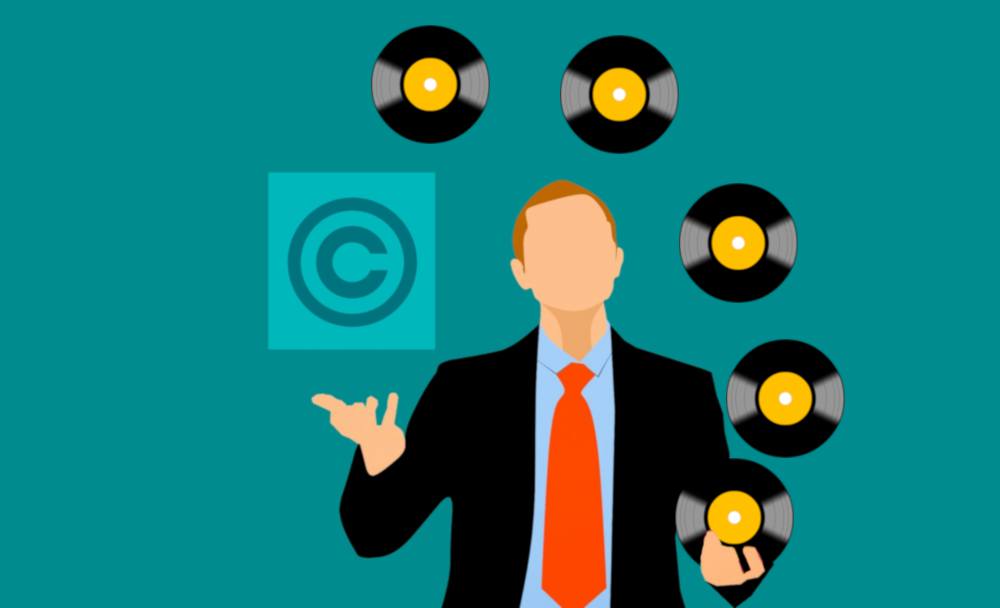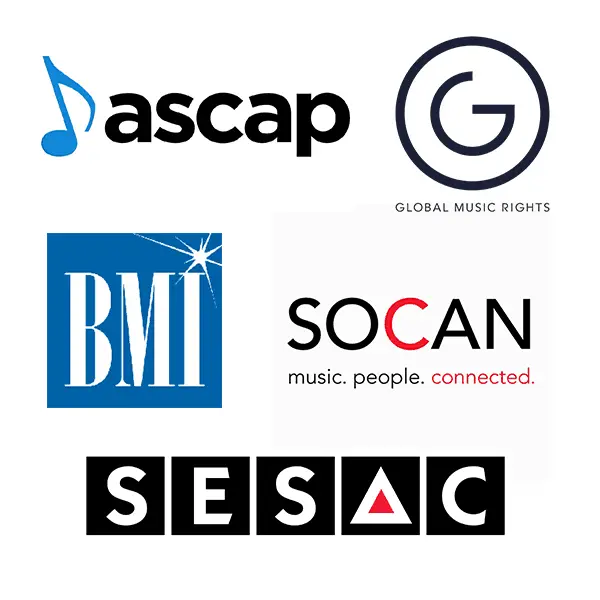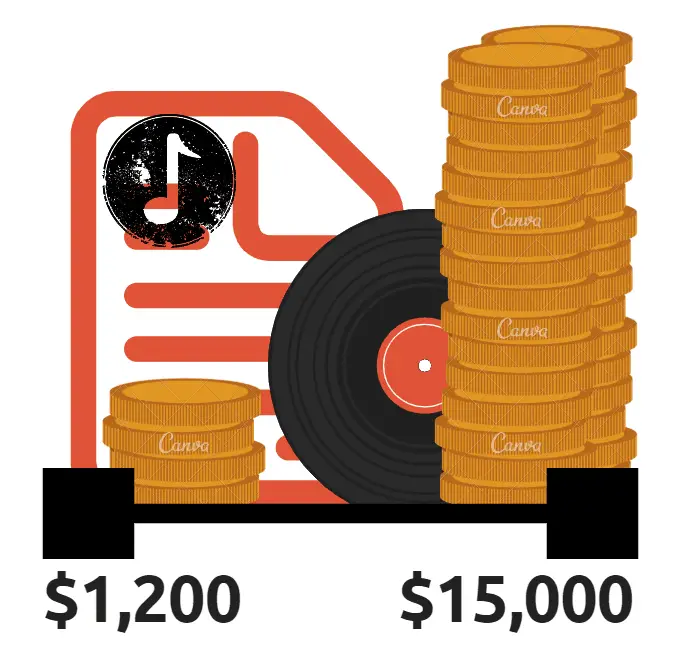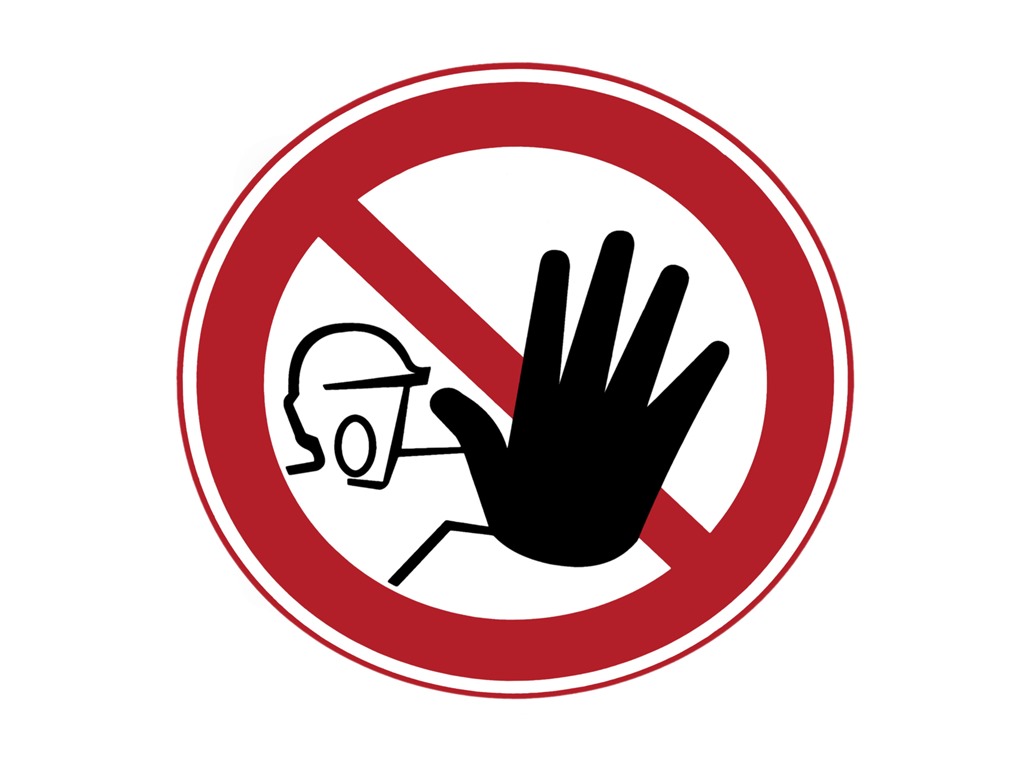When playing music to an audience, the legal question about the music being played may come to mind. As a DJ you probably asked yourself this question. You already paid to acquire your music legally plus you don’t really play originals when you DJ. So do you need a special license to play music as a DJ?
A DJ needs to be covered by a public performance license every time he plays music in a non-private area. The DJ does not need to pay royalties if the venue acquired the license instead of him. This type of license is required in many English countries such as the USA, the UK, India, and Canada.
Let us cover in which case you need this public performance licence, where to apply, how much it costs and some general tips.

Is the venue licensed?
The first thing to determine is where do you play at? If you play in a club or in a bar, the venue probably already have the right license. Indeed, they are used to host music and know the laws. However, if you play at a reception hall for a wedding, you may need to handle it yourself. In every case, it is better to ask the organizer in order to avoid trouble. Moreover, asking will give you credit as being someone professional. That is also important in order to adjust the price of your services. If you have to pay royalties yourself, that makes sense to raise up your price by a little!
To whom do I pay royalties?
In the USA, that license would be granted by BMI, ASCAP, SESAC and GMR which are called PROs (Performing Rights Organizations). Please note that you would probably need to register to all four organizations. Indeed chances are one artist signed to BMI, one to ASCAP and another to GMR or SESAC. Eventually there is no choice but to register to all four in order to cover the entirety of your playlist.

Make sure to note every song that you play, because it would be asked by the PROs. If you need to know which PROs you should reach, please note that each one has a music search engine. If the venue you play at only registered to one PRO, then you may consider registering yourself to the other ones.
In other countries, you probably don’t need to register to multiple PROs. Indeed many of them are generally linked together plus have agreements with the USA PROs. Therefore one license is enough. That is true for the UK with the licenses granted by PRS and PPL and in Australia by the ones from APRA / AMCOS.
Here is a list of music license organizations for different countries:
- USA : BMI / ASCAP / SESAC / GMR
- UK : PRS / PPL UK
- India : IPRS / PPL India
- Canada : SOCAN / CMRRA / Resound
- Australia : APRA / AMCOS / PPCA / Music Rights
How much does a music license cost?
Well, the cost is dependent of many factors. As the role of the organizations is to redistribute the royalty fees to the songwriters and artists, the amount will be directly dependent on how many people hear the songs. However that would not be the only factor. Here is an non exhaustive list of what changes the cost of the royalties (may differ according to country but at least true for the united states) :
- Square footage of the venue
- The customer capacity
- If there is an admission fee or not
- The music played is recorded or live
- The music is played along video or not
- + others
Estimations can be made thanks to the ASCAP license finder page. For venues where DJs usually plays, such as restaurants, bars and clubs, the annual license will be around $9 x people capacity. But that is for the ASCAP organization only. Thus you would need to multiply this by at least 3.
Therefore a small bar pays around $1,200 annually in music license. A large nightclub pays around $15,000 annually. Then there is everything in between according to the capacity of the venue.

Do I need to pay royalties for a private performance?
As in many countries, it is not required in the USA to pay for music royalties in a private area. That makes sense regarding the fact the PROs cannot check private places. However, one must be careful about the definition of “private”. Indeed, a public performance is defined by the ASCAP as “any place where a substantial number of persons outside of a normal circle of a family and its social acquaintances is gathered”. Therefore you will be fine for weddings, but you will need to pay for corporate events. Corporate meetings do have very specific rules. If you need any help, I find the information given by SongDivision very useful.
What is the risk of not paying the music license?
According to the copyright law of the united states, 17 U.S.C. § 504(c), the fine can be something between $750 to $30,000 per song. So that can build up very quickly!
The PROs hire people to spend time in establishments and take note of the musics being played. If they do find songs from their catalogue and you did not pay for it, you will be contacted by the means of a letter. It may happen that the PROs are mistaken, like listing a song you did not play. In that sense, it is a good practice to keep track of your playlist. Hopefully many DJ softwares do that automatically for you. Be aware that thanks to the new audio recognition technologies (e.g. shazam), the PROs are becoming more and more efficient in listing songs appropriately. In short I would not play that game and perform under a public performance license.
Do the music support I play from makes a difference?
No, whether a DJ play from CDs, Vinyls, MP3s or spotify, a license must be paid to at least one organization when music is used in public.
Is there any particular exceptions for DJs to play without a music license?
No, a DJ must always play under a music license when performing in public. It does exist exceptions for not paying but they do not apply to DJs. These cases are only for small venues who would like to play the radio or television on a small soundsystem. The DJ art do not fall into the “radio” or “television” categories.
So in the end, what is the best practice for a DJ?
Considering you will mostly play at either private parties such as weddings or play in clubs, I would not bother too much about acquiring a license yourself. In the first case it is not needed; and in the second case 90% of the establishments will have a subscription themselves.

Just ask the venue about their license :
If they do not have one, just not play there!
That will save you some trouble. Indeed many of the licenses granted are linked to the address of the establishments. Applying for a license yourself may be a difficult task, plus you may register to the wrong one.
Let’s picture it : An establishment did not pay their license and you play there. Eventually they receive a letter from a PRO. Some clubs may reject the fault on you, even if you did everything right. Ultimately you may be given an unjustified bad reputation. So just avoid venues that did not pay their license, that is probably best for you!
NB : Please note that all these advice are true for the United States of America. Many rules are similar in other english spoken countries, but I do not know them all. So it is probably better to check yourself on the PROs’ websites (links above).
